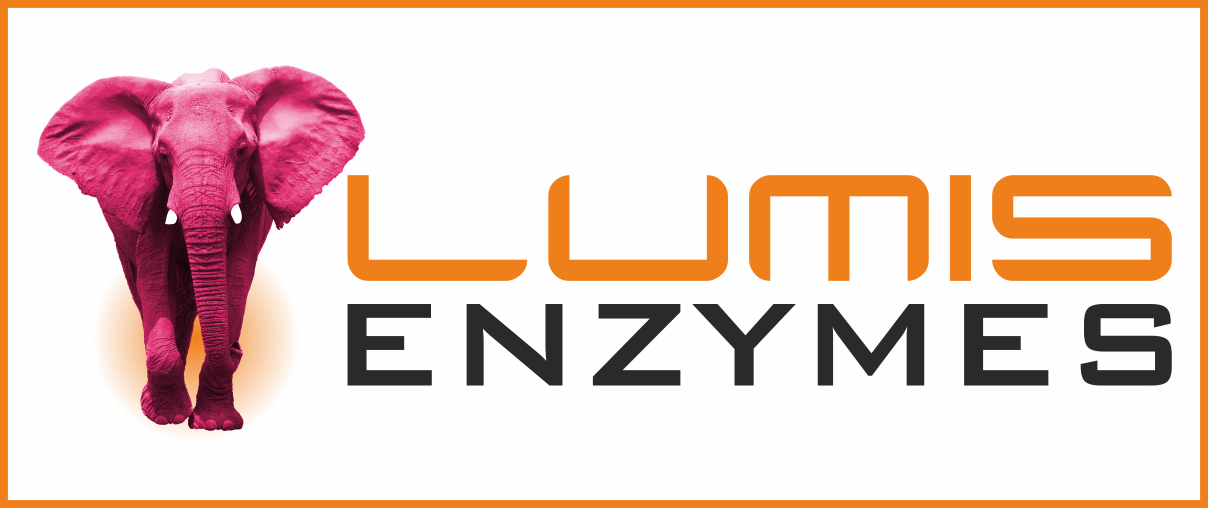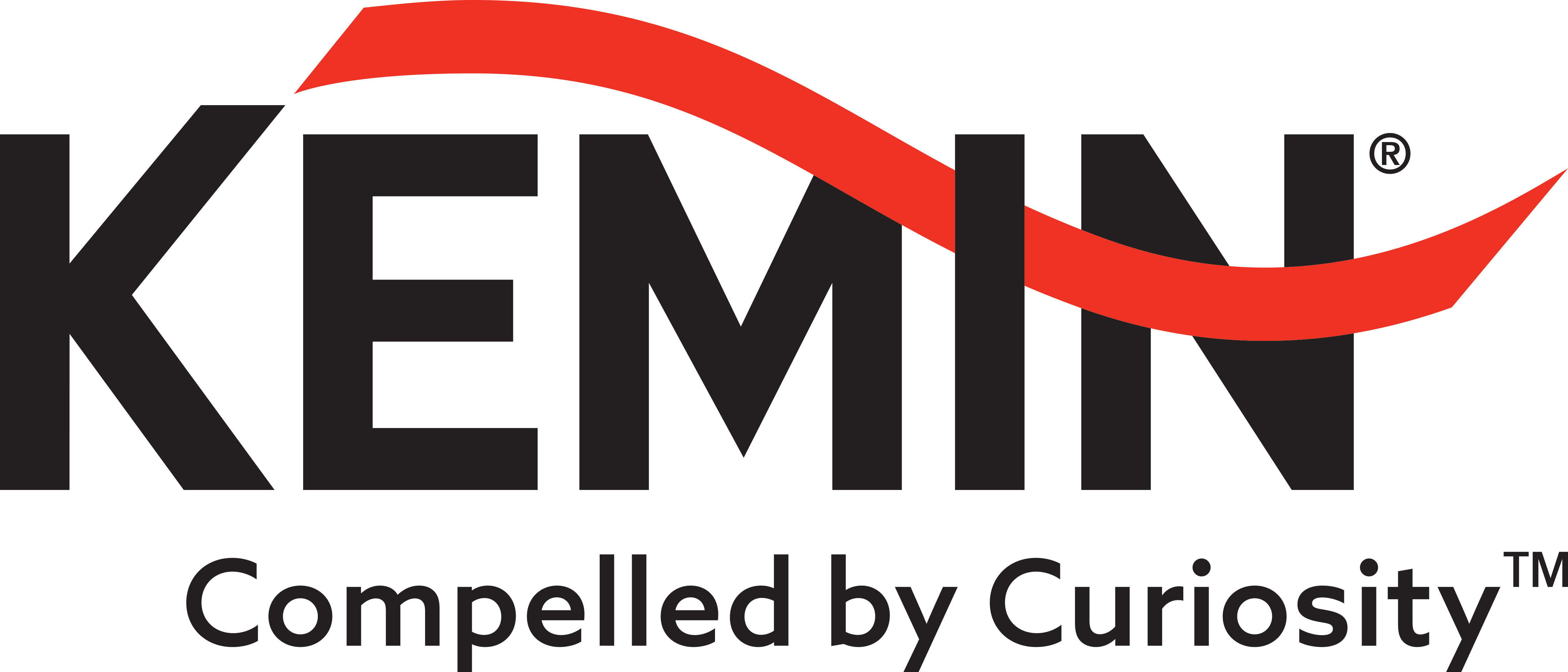
Agrilife24.com: JAKAS Foundation is hereby inviting Expression of interest (EoI) from consultants to submit their application to conduct baseline Study of Rural Microenterprise Transformation Project (RMTP)-IAU-Fisheries Under topic `Production & Marketing of Safe Fish and Value-added fish products’ at Joypurhat Sadar (Joypurhat district) & Gobindagonj Upazila (Gaibandha district).
Please read the attached detailed Terms of Reference (ToR) carefully.
Interested consultants are requested to submit technical and financial proposals to the following email address This email address is being protected from spambots. You need JavaScript enabled to view it.
If you find convenient you can submit soft copy (pdf) of the proposals to the Executive Director, JAKAS Foundation, Sabujnagar, Joypurhat-5900. In case of soft copy submission, you have to write `Eol for baseline study of RMTP-IAU-Fisheries Project’ at the subject title of the mail.
Application Deadline: 31/07/24
JAKAS Foundation reserves the right to accept or reject all/part bids without assigning any reason whatsoever.
Rural Microenterprise Transformation Project (RMTP)-IAU-Fisheries
Terms of Reference (TOR) for conducting a baseline study
on
`Production & Marketing of Safe Fish and Value-added fish products’
About the organization:
JAKAS Foundation is a local non-governmental development organization, established in 1993 and actively involved in the field level of Rural and Urban development since its inception. JAKAS Foundation has been implementing various development activities with the grassroots and disadvantaged men & women following under activities such as flexible micro credit, enhancing resources and increasing capacities of poor households towards elimination of their poverty (ENRICH), human right and resource development program, health care, education, tree plantation, water & sanitation, social awareness, community development, livestock insurance, training & grant support, agriculture, livestock & fisheries program, Rural Microenterprise Transformation Project (RMTP), RAISE, ECCCP etc. With heart of the soul, we would like to thank our national & international donors and partners specially Palli Karma Sohayok Foundation (PKSF) to extend their whole hearted support in various social- economic activities of the organization. Also thanks to our members and beneficiaries who have turned our efforts to success and inspired us to reach different remote areas of Joypurhat, Dinajpur, Naogaon, Bogura, Sirajgonj, Rangpur and Gaibandha district.
Vision
To develop the poor, ultra poor, marginal farmer & micro entrepreneur by relation their potential power for personal, economic, social and civic growth.
Mission
Imparting full Cooperation With loan Facilitates to develop an institutional Structure which is needed to take joint venture for the development of poor, Ultra poor helpless community, Marginal Farmer and Micro entrepreneur.
About the Project:
The sub-project titled the “Production & Marketing of Safe Fish and Value-added fish products” jointly financed by Palli Karma-Sahayak Foundation (PKSF) and the International Fund for Agricultural Development (IFAD), is implementing in Joypurhat sadar and Gobindagonj of Joypurhat and Gaibandha district respectively by the organization “JAKAS Foundation”. The project is working to increase income, ensure food security and improve family nutrition of marginal and small farmers and fisheries related backward & forward market entrepreneurs. The sub-project also works on value addition at various levels, expansion of financial services for enterprise development and strengthening of the institutional framework for the development of safe fish and fish products of the value chain. Total targeted ME’s of this project is 6000.
1. Purpose of the Baseline Study:
The baseline study is intended to provide social, economic, and environmental data at the beginning of the project. The study acts as an accompaniment to the quantitative and qualitative data that is also recommended when implementing a project for the first time at the beginning of the project. This should help to identify any major issues and provide some insights into the opinions of the community concerning the poultry value chains. The baseline results will point to how best the project will be rolled out and set priorities for the project sometimes providing information that acts as a benchmark for measuring project success or failure. The study must produce information that will be used to direct and guide the implementation of the project and to measure the present condition of the project indicators, participants’ knowledge attitude and practice. The task of the individual consultants is not limited to the following areas-
• Prepare a value chain existing map and make a profile of the Fisheries value chain in the respective districts.
• Conduct an end-to-end assessment of input, service, value chain products, and different buyers (formal and informal) and provide a detailed analysis of the value chain and provide recommendations on how the selected target group can be engaged in the value chain in different roles (Supplier of input, producer, processor, transporter, traders and soon).
• Assess the selected market system supporting environment (services, policies and rules regulations, infrastructure) & supporting functions and point out the market constraints.
• Assess the ongoing business of the different market actors, their present situation, role, and finally figure out the areas of intervention in the value chain for the actors including youth, persons with disability, older men & women.
• Describe skills training needs related to potential roles in the value chain.
2. Approach and Methodology
The baseline study is to be carried out in Joypurhat Sadar (Joypurhat District) & Gobindagonj (Gaibandha District) by an independent consultant/consulting firm using a combination of qualitative and quantitative methods. All data, qualitative and quantitative will be collected through the assessment and must be disaggregated by age, sex, poverty. Finally, the consultant is expected to propose a suitable methodology for carrying out the work and fulfilling the objectives of the study. The methodology should follow the standard statistical method. The consultant is free and encouraged to be as creative as possible in arriving at a suitable methodology that will ensure that the objectives of the study are fully met in a timely and efficient way. The consultant is required to elaborate a detailed baseline design and methodology as part of their Work plan. The baseline study will be conducted in the project areas following appropriate, applicable statistical sampling procedures. However, the sample size could be finalized after discussion with the project professionals. A detailed approach and methodology to conduct the baseline study should be suggested by the consultant in compliance with the, goal, objective and log-frame of sub-project. The baseline design document should include a series of data collection instruments. The sub-sector assessment used primary data combined with some secondary data, mainly fisheries statistics from the Department of Fisheries (DoF). The collection of primary data involved consecutive mixed methods: Focus Group Discussion (FGD), Individual Interview (II), Key Informant Interview (KII), and Data Validation Workshop (VW).
The sub-sector assessment followed the collection of a high level of qualitative information backed up by some quantitative information collected from the Individual Interview.
3. Duration of the study and schedule of the reports
The total duration of the assignment will be 45 days. A detail implementation plan will be agreed upon in consultation with the JAKAS Foundation, however, it is anticipated that the inception report should be submitted within 10 days upon signing the contract. The draft report of the study should be submitted by the consultant within 30 days, and a presentation on the draft report should be given to “JAKAS Foundation” within 40 days after sending the work order.
4. Quality and Ethical Standards
The consultant hired should take all reasonable steps to ensure that the baseline study is designed and conducted to respect and protect the rights and welfare of people and the communities of which they are members, and to ensure that the baseline study is technically accurate, reliable, and legitimate, conducted in a transparent and impartial manner, and contributes to organizational learning and accountability.
a) Utility: The Baseline Study must be useful and will be used by JAKAS Foundation/PKSF.
b) Feasibility: The Baseline Study must be realistic, and managed in a cost-effective manner.
c) Ethics & Legality: The Baseline Study must be conducted in an ethical and legal manner, with particular regard for the welfare of those involved.
d) Impartiality & Independence: The Baseline Study should be impartial, providing a comprehensive and unbiased assessment that considers the views of all stakeholders.
e) Transparency: The Baseline Study activities should reflect an attitude of openness and transparency.
f) Accuracy: The Baseline Study should be technical accurate, providing sufficient information about the data collection, analysis, and interpretation methods so that its worth or merit can be determined.
g) Participation: Stakeholders should be consulted and meaningfully involved in the evaluation process when feasible and appropriate.
h) Collaboration: Collaboration between key operating partners in the evaluation process improves the legitimacy and utility of the evaluation.
5. Deliverables
All written documents are to be submitted in English using Microsoft Word in both soft and hard copy. The main body of all reports should be written in simple, non-technical language (i.e., plain English), with any technical material to be presented in annexes. All primary data collection and analysis conducted for the baseline will remain the property of JAKAS Foundation and must be submitted electronically and in a clear and comprehensible format in Microsoft Excel and Word. The consultant will provide the following deliverables to the JAKAS Foundation within the timeframe stated
a) Inception Report: by 10 working days after signing the contract or work order a detailed report on the consultant’s proposed final baseline design and methodology will be submitted to JAKAS Foundation for approval. This will provide preliminary understandings based on document review, rationale, and a detailed description of the methodology and tools, analytical methods , and detailed work plan for the entire exercise. Any draft questionnaires or interview forms will also be submitted for review at this stage.
b) A detailed determination of sample size and sampling frame using statistical tools and formula. This baseline study will be done within 5-10% MEs.
c) Baseline survey questionnaire (for the quantitative part) and Checklist (for the qualitative part) to capture all required data and information of the study.
d) Interview Notes and List of Resource Documents: The Consultant shall provide summaries of all key meetings, and discussions conducted during the baseline and copies of any relevant documents and reports gathered during the baseline by (timeline).
e) Summary Presentation of Findings: The Consultant shall present initial findings to JAKAS Foundation for review, comment, and feedback by (timeline). A Power Point presentation and handout (maximum of two pages) shall be prepared for the presentation through a workshop to the project stakeholders preferably via an online platform. The Consultant shall consider JAKAS Foundation and stakeholder comments and revise the draft report as appropriate.
f) Findings brief: The Consultant should provide a brief of the findings corresponding to the objectives of the study that can be widely circulated. The brief of the study could be within three pages.
g) Indicator Table with Value: The Consultant should provide an indicator table including the values which got in the baseline study.
h) Final Database: The consultant should review, recheck and finalize the data set before starting the final analysis. The final database should be handed over to “JAKAS Foundation” management along with the final report.
i) Final Report will sketch with the following headings: The final report will contain a short executive summary (not more than 1,000 words) and a main body of the report (not more than 10,000 words) covering the background of the intervention evaluated, a description of the evaluation methods and limitations, findings, conclusions, lessons learned, recommendations and action points related to these.
a) Acknowledgements
b) Acronyms
c) Glossary
d) Executive Summary
e) Introduction/Background
f) Rationale and Objectives of the Baseline Study
g) Scope of the Baseline Study
h) Methodology
i) Findings and Discussion
j) Recommendations
k) Conclusion and lessons learned
l) References
Annexes, including:
a. Scope of Work
b. Data collection tools
c. Key data sets, including interview transcripts
d. List of key informants
6. Consultant requirements
The expected qualifications of the independent consultant are given below:
a) Education (30 marks): He/she should have a minimum Graduation; PhD will be the additional advantage.
b) Experience (50 marks): The consultant should have 5 years of working experience in research including 5 years of experience in the value chain approach. Research experience in environmental sustainability, economic viability, micro-enterprise development, nutrition, sectoral policy review/analysis, and value chain development will add additional value. Experience in evaluating any projects/sectoral study funded by IFAD/World Bank/ADB/DANIDA and/or any other UN agencies will preferable.
c) Language (10 marks): Excellent writing and oral communication in English is required.
d) Computer Literacy (10 marks): MS Word, Excel, PowerPoint, SPSS/Strata.
7. Proposal submission:
The proposal should include the following below six items.
i. Cover letter: Clearly summarizing Consultant experience and competency as it pertains to this assignment
I. Technical proposal: Not exceeding eight (08) pages expressing an understanding and interpretation of the ToR, the proposed methodology, relevant experience and time and activity schedule.
II. Financial proposal: Itemizing estimated costs for services rendered (daily consultancy fees), accommodation and living costs, transport costs, stationery costs, and any other related supplies or services required for the review in BDT and modality of payment. Please also attach a TIN/Registration Certificate.
III. Detailed CVs of all professionals who will work on the process. CVs of proposed study team (will add additional value), please attach a table describing the level of effort (in number of days) of each team member in each of the Baseline activities.
IV. Professional references are needed to provide two or three references from your previous clients.
V. A short example from previous Baseline study report (value chain preferred) that is relevant to this work (5-7 pages)
(Application materials are non-returnable, and we thank you in advance for understanding that only short-listed candidates will be contacted for the next step in the application process and the selection panel does not have the ability to respond to any requests for application feedback. Please take note that expressions of interest that do not cover these requirements will not be considered.)
Application Procedure: Please email complete applications to This email address is being protected from spambots. You need JavaScript enabled to view it.
Deadline for Application: The application deadline is 31/07/24
8. Payment JAKAS Foundation will pay the cost of the study to the assigned firm subject to the completion of all deliverables and reports acceptance of “JAKAS Foundation” by deducting VAT and TAX at source as per the Government rules. No will pay any advance. Only payment will be given after completion of work.
9. Timeframe
The study shall be conducted expectedly in three months from start of the study, and is scheduled to preferably start in the (01.08.2024). The consultant will submit the final report latest by (14.09.24). The timeline will be finalized as agreed by the consultant and JAKAS Foundation.
10. Disclaimer
JAKAS Foundation reserves the right to amend the terms of reference at any time as required upon mutual discussion with the consultant. JAKAS Foundation reserves the right to terminate the contract at its sole discretion in case of non-compliance of the terms and conditions that will be finally agreed. The consultant will never be used this Baseline Study inform ation for his/her own needs. If it requires, the consultant must take prior permission from the concerned JAKAS Foundation.
























